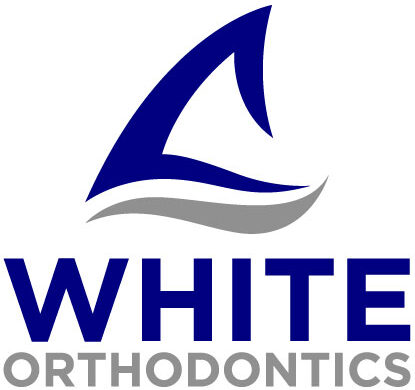TMJ treatment
What is TMJ?
The temporomandibular joints are located on each side of your head, and they work with the muscles, ligaments, and bones to enable you to speak, chew, and even yawn.
Dental professionals believe that TMJ symptoms are a result of issues with the muscles of the jaw or with the joint and may be attributed to:
- Grinding your teeth
- Stress that causes clenching your facial muscles
- Dislocating the cushioning disc
- Osteoarthritis or rheumatoid arthritis in the joint
- Injury to your jaw, head or neck
Symptoms of TMJ
If you experience any of the following symptoms, you should visit our orthodontist for a TMJ exam:
- Facial pain when you chew, speak or open your mouth widely
- Not able to fully open your mouth
- Jaw locking
- Clicking, popping or grating sounds when you open or close your mouth
- Difficulty chewing or biting
- Discomfort with chewing or biting
- Swelling on the sides of your face
- Toothaches, headaches or neck aches
- Dizziness or earaches
Diagnosing TMJ
Your Florissant & O’Fallon orthodontist will conduct a TMJ exam by checking your joints for pain, swelling and tenderness, looking at the range of motion of your jaw and bite, as well as listening for any clicking or popping sounds. Your orthodontist will likely take panoramic x-rays to look at the extent of any deterioration.
TMJ treatments in O’Fallon & Florissant
Based on the severity of your TMJ, your orthodontist may simply recommend cold compresses and pain relievers. For more serious cases, a mouthguard may be recommended to relieve the pain from teeth grinding or other orthodontic appliances, such as a retainer, may be recommended to redirect the position of the TMJ joint. For the most severe cases, your orthodontist may recommend other treatments, such as corrective treatment of your teeth or oral surgery.



